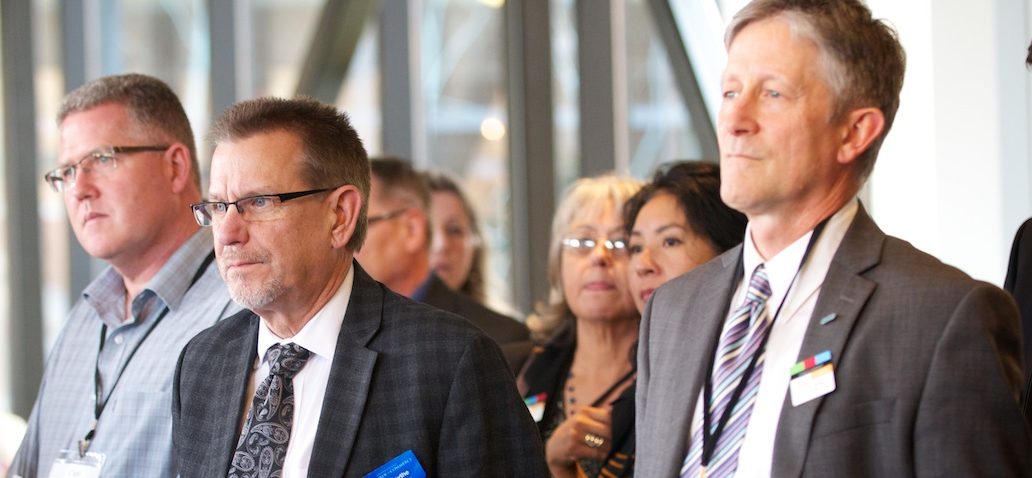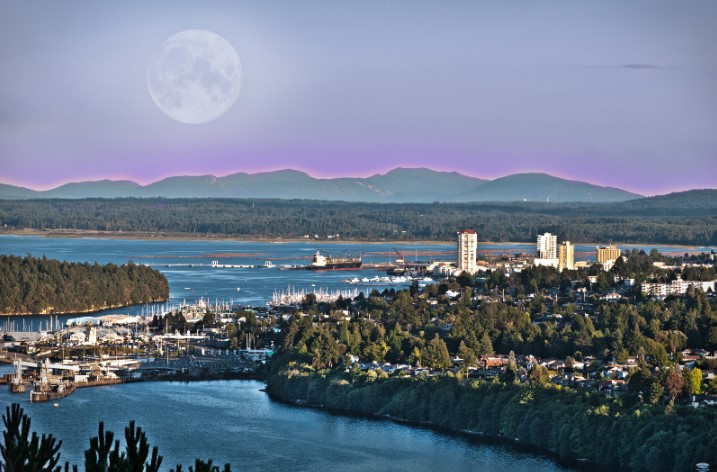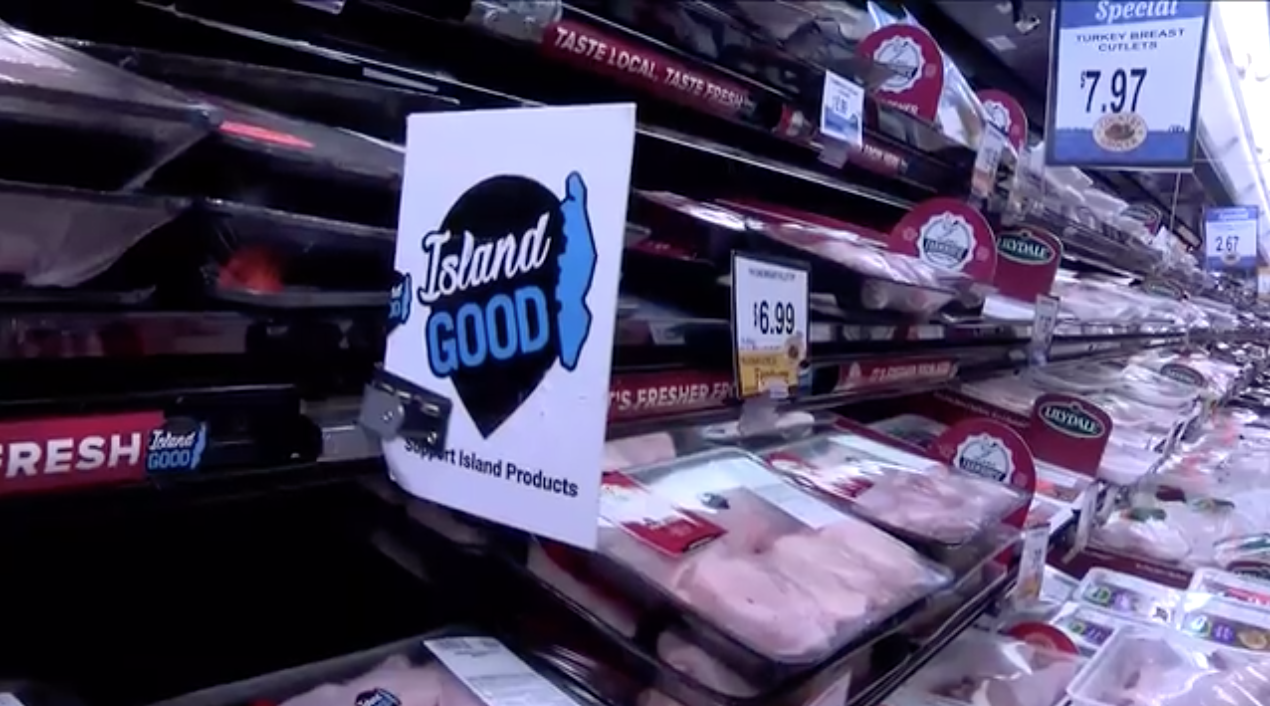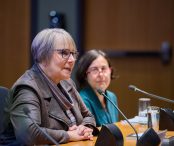Published 4:30 pm Friday, November 7, 2025
By Karl Yu (https://nanaimobulletin.com/author/karlyu/)
Much of what Vancouver Island eats comes from the mainland and Island residents would be wise to strengthen regional
food structures, recommended panellists at a Nanaimo economic conference.
Bolstering local food sovereignty was the topic Oct. 29 at the Vancouver Island Economic Alliance’s economic summit,
with insight from Sabrina Crowley, owner of Casanova Seafoods; Kent Mullinix, director of the Institute for Sustainable
Food Systems at Kwantlen Polytechnic; James Donaldson, chief executive officer of the B.C. Food and Beverage
Association; Gaby Wickstrom, general manager of Namgis Business Development Corp.; and Maurita Prato, executive
director of Lush Valley Food Action Society.
Donaldson, who moderated the discussion, said agriculture, seafood and food-processing in B.C. accounts for $20
million in annual revenue, but is “really dependent on imports.”
Mullinix said there is about “two days’ worth of food in our communities” and that’s because of the nature of the system
that has been built over the last 70 years. He reiterated the current “transnational” food system is not sustainable and
stakeholders must roll up their sleeves and build a system that is resilient and serves communities “economically and
socially.”
“We keep fixating on silver bullets … Our vision has to embrace the long game, and then we need to work together, all of
us, and based on that vision of an alternative food system … we need to build an action plan, a thoughtful, sequential
action plan, and build it piece by piece by piece, and that’s going to take a lot of thought, but it’s also going to take a lot
of support via policy and regulation,” he said. “We’re going to have to attract and incentivize and reward the leaders and
builders of an alternative system.”
Prato said the history of industrial agriculture is based on slavery and chemical usage and there are benefits that come
from supporting local food economies. Vancouver Island’s geography doesn’t allow for large-scale growing of a single
crop at one time, and the Island’s largest farms don’t compare in size to farms in other places, she said, leading to a “real
diversity” in what is produced locally.
“I would also say, on the Island, because of the size, there’s a relational quality to the food economy,” Prato told the
audience. “Often people are having exchanges at farmers’ markets and they know their producer or they know their
processor. So that brings this relational, social quality where people are engaged in the food system, and the more
engaged people can become, the better the outcomes for people that care about the future.”
According to Crowley, Uchucklesaht Tribe member and councillor, there needs to more teamwork and collaboration to
share methods and knowledge.
“I do know what I need to do as a farmer, but going out into the marketing side is a little bit new for me, [and] connecting
with those processes and saying, how can we make this work, how can we make this happen,” she said.
Wickstrom said the industry has potential to provide more jobs, and also talked about ways to diversify offerings just
from what’s already being produced.
“There’s also opportunities within the processing hub that we can come up with some different value-added products. I
think that there are spinoff opportunities for micro entrepreneurs…” she said. “We had an idea that we could possibly do
a food box distribution, similar to what Hello Fresh does, but maybe not quite as detailed … I think the sky’s the limit.”
The State of the Island Economic Summit was held at Nanaimo’s Vancouver Island Conference Centre from Oct. 28-30.







